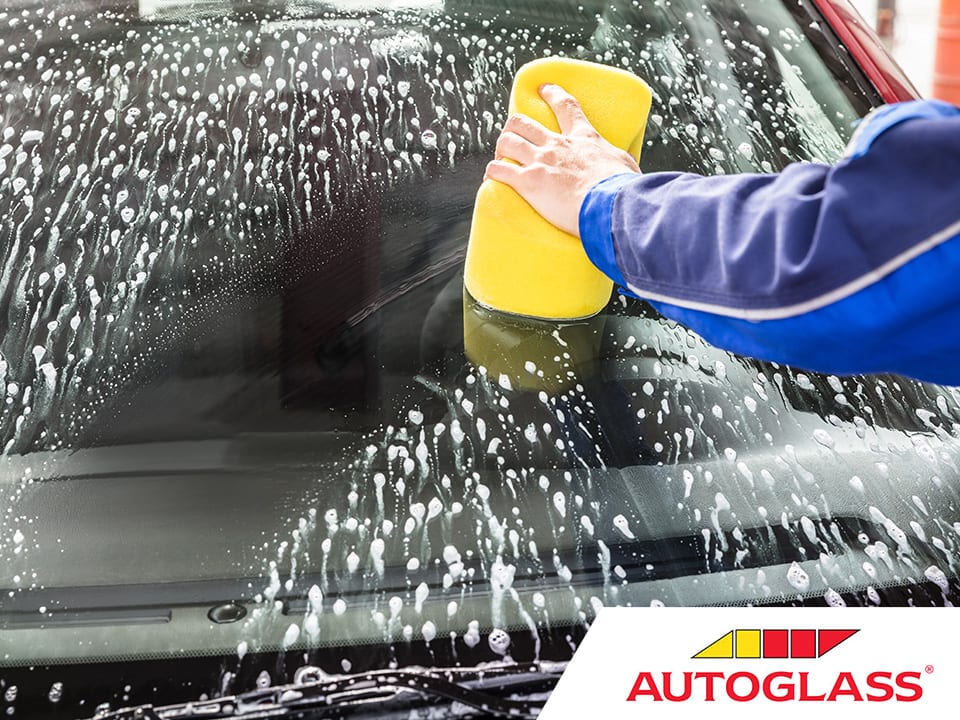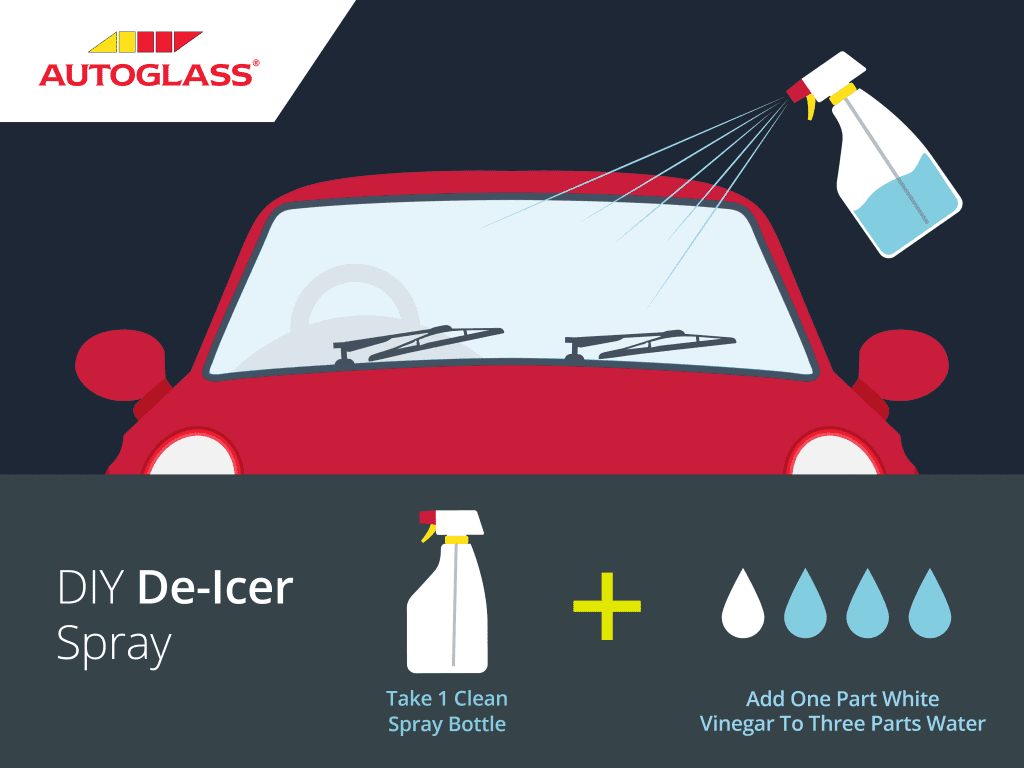
7 Unexpected Ways You’re Damaging Your Windscreen
A cracked windscreen is nobody’s idea of a good time and something that we all do our best to avoid. When you think of windscreen damage, chances are you’re thinking of damage inflicted by a direct impact. But, there are a few common causes of damage that might surprise you. So, we’ve pulled together a list of some of the most frequent causes of gradual windscreen degradation.
Do your best to avoid these typical causes and, with any luck, you might be able to catch the damage before it’s too late and sidestep a potential windscreen replacement.
Cold and Heat
Drastic fluctuations in temperature can be extremely harmful to windscreens. As can two extreme temperatures competing against one another. For instance, more likely than not if it is hot outside, you probably have the air conditioning inside your car turned up. By the same token, if it is sub zero degrees outside, you most likely have your heating blasting. These competing extremes in temperature can cause glass to expand and contract. An awareness not to go overboard with either hot or cold goes a long way in preventing heat damage to your windscreen.
Dirt and Grime
A little dirt and grime on the surface of your windscreen might not look like much, but it can be dangerous. When a loose pebble strikes a clean windscreen, the impact should be evenly distributed. If, however, it contacts a surface uneven with dirt, the risk of windscreen damage is greatly increased. You should always strive to keep your windscreen as clean as possible to ensure a safe, even surface. Don’t let a few little smudges be the cause of a full windscreen replacement.
Wiper Blade
Like everything else, wiper blades degrade over time. As their surfaces wears away, the hard plastic is eventually exposed. Even if your blades appear to still be in working order, they might be causing unseen damage and gradually weakening your windscreen. It’s our advice to change your wiper blades with the change of the seasons. A new set of blades four times a year doesn’t seem like too serious an expense when compared to a cracked windscreen.
Ice and Snow
Freezing conditions are a much more serious concern than a little chill in the air. Ice can be incredibly damaging to your car’s glass. The routine of scraping ice off your windscreen could be doing more damage than you realise. It might be frustrating, but avoid using a scraper where possible. It may take slightly longer, but using a deicing spray in combination with your vehicle’s defroster, is the safer solution.
Follow this quick an easy DIY deicing spray recipe.
Parking
This one might sound a little unusual, but where you choose to park might go some way toward avoiding windscreen damage. Avoid parking under trees wherever possible. Parking below a tree might just invite the wrong kind of attention from birds and make your windscreen a target for bird droppings. Bird dropping are high in uric acid, which has been known to cause blemishes on windscreens if the droppings are left to harden. You also stand to damage your windscreens if the hardened droppings require a bit of elbow grease to remove.
Here’s our guide to removing bird droppings without causing any harm to windscreens.
- Clean your windscreen immediately once you notice the bird droppings. The longer you leave them, the harder the droppings become, which makes them harder to remove..
- Soak the affected area with a sponge soaked in warm water, this should soften and loosen the bird droppings.
- To avoid scratching your windshield, do not scrub the glass right away. Wait for a little while until you’re certain the bird droppings have softened.
- Once you have finished soaking the area, GENTLY rub it with a sponge dipped in warm soapy water. If there are still some droppings present on the glass, you can use a squeegee to finish the job.
Cleaning
There is more to cleaning your windscreen than you might think. You might be surprised to hear just how much damage improper cleaning stand to do to your car glass. One of the most common errors in cleaning windshields is the use of sponges. Sponges are wholly unsuited to cleaning windshields and end up being really harmful over time, avoid them as best you can. Similarly, using towels to dry your windscreen might seem fine, but household towels are too coarse for car glass and will scratch away at the surface of your windscreen.
You also need to be careful with what cleaning products you use on your windshield. Many household glass cleaning products contain ammonia, which leaves streaks on windscreens (causing glare as you drive). Ammonia is also particularly harmful for tinted glass. Frankly, if you don’t want a windscreen replacement, it’s best to avoid ammonia entirely.
So, you’re probably wondering what you are supposed to use to clean your windshield! The answer is very simple, my friend. Get your hand on a pair of microfiber clothes(one for washing and one for drying). Microfiber clothes are ideal for use on your car’s glass as they are soft and smooth enough to prevent scratches.
Read tips and advice from an expert about how to clean your windscreen correctly >>
Driving
We hate to be the bearers of bad news, but you read that right; driving itself causes windscreen damage. Regardless of how diligent you are in your windscreen maintenance, your daily travels will inevitably cause some wear and tear. Try and make time for an annual check-up on your windscreen’s overall health. Keeping your car in tip-top shape requires constant upkeep, and your windscreen, while durable, deserves a little TLC every now and then.
And there you have it, the Autoglass® guide to preventing windscreen damage. Don’t forget to check back with the Autoglass® blog soon for more hints, tips, guides and explainers just like this one. Safe travels!
Book an appointment now
For a quick and easy way to make an appointment book online now.

